Governments need strong health-care policies to promote better care
Women groups participation in identifying the major maternal and newborn problems and strategies for improvement resulted in 30% fewer newborn deaths and an 80% reduction in maternal mortality
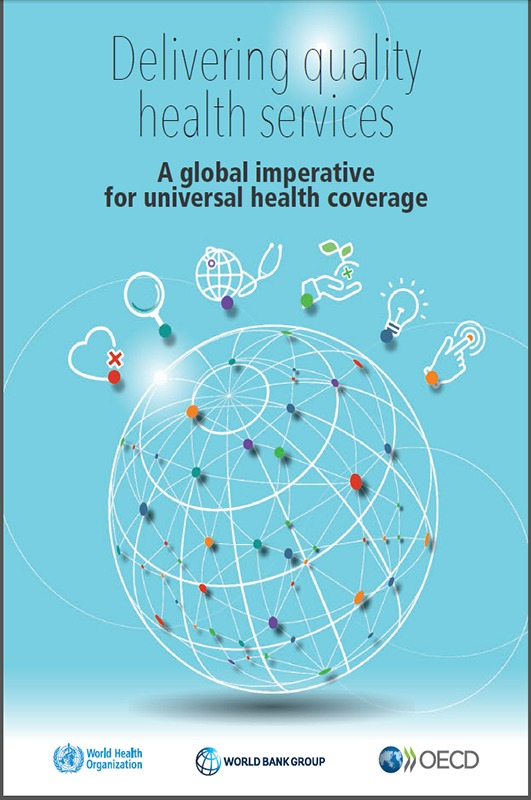
Kathmandu: The World Health Organization (WHO), the Organization for Economic Cooperation and Development (OECD), and the World Bank have urged the low and middle-income countries to introduce strong national health care quality policies and strategies.
Releasing a report titled ‘Delivering quality health services: A global imperative for universal health coverage’, these organizations have urged the governments to empower and inform their citizens to actively engage in health care decisions and in designing new models of care to meet the needs of their local communities. Poor quality health services are holding back progress on improving health in countries at all income levels, the report states.
Today, inaccurate diagnosis, medication errors, inappropriate or unnecessary treatment, inadequate or unsafe clinical facilities or practices, or providers who lack adequate training and expertise prevail in all countries, the report highlights.
The report finds low and middle-income countries most vulnerable where 10 percent of hospitalized patients can expect to acquire an infection during their stay, as compared to seven percent in high income countries. This is despite hospital acquired infections being easily avoided through better hygiene, improved infection control practices and appropriate use of antimicrobials.
The report also states that sickness associated with poor quality health care imposes additional expenditure on families and health systems. “At WHO we are committed to ensuring that people everywhere can obtain health services when and where they need them,” said WHO Director-General Dr Tedros Adhanom Ghebreyesus. “Without quality health services, universal health coverage will remain an empty promise,” said OECD Secretary-General Ángel Gurría. “Good health is the foundation of a country’s human capital, and no country can afford low-quality or unsafe healthcare,” World Bank Group President Jim Yong Kim said.
The key findings in the report paint a picture of quality issues in healthcare in the global context. The report says that health care workers in seven low- and middle-income African countries were only able to make accurate diagnoses one third to three quarters of the time, and clinical guidelines for common conditions were followed less than 45 percent of the time on average. Research in eight high-mortality countries in the Caribbean and Africa found that effective, quality maternal and child health services are far less prevalent than suggested by just looking at access to services, the report adds.
It is noticeable that around 15 percent of hospital expenditure in high-income countries is due to mistakes in care or patients being infected while in hospitals. Health care workers should see patients as partners and commit themselves to providing and using data to demonstrate the effectiveness and safety of health care, the report highlights.
The report presents a strong evidence of Nepal in engaging and empowering patients, families and communities for promoting better care, including healthier behaviors, enhanced patient experience, more effective utilization of health services, reduced costs and improved outcomes. The report states that Women’s groups in Nepal were engaged to identify the major maternal and newborn problems and strategies for improvement that resulted in 30% fewer newborn deaths and an 80% reduction in maternal mortality.
The report presents a strong evidence of Nepal in engaging and empowering patients, families and communities for promoting better care, including healthier behaviors, enhanced patient experience, more effective utilization of health services, reduced costs and improved outcomes. The report states that Women’s groups in Nepal were engaged to identify the major maternal and newborn problems and strategies for improvement that resulted in 30% fewer newborn deaths and an 80% reduction in maternal mortality.








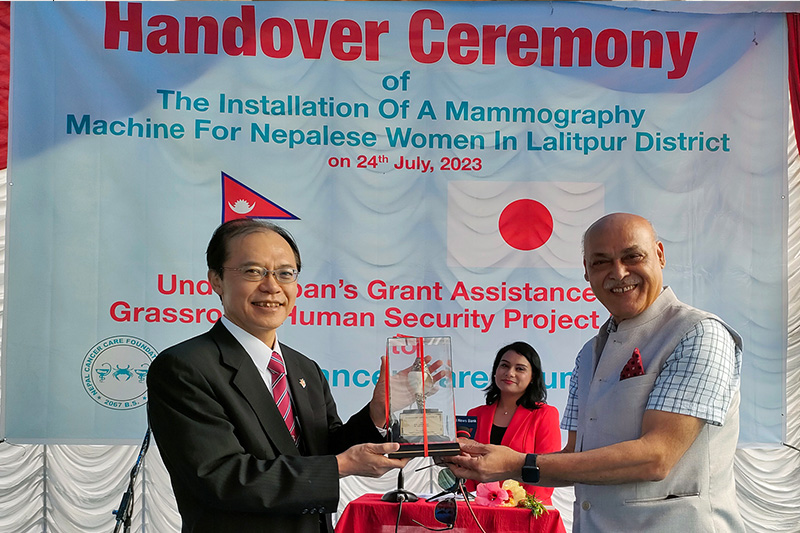




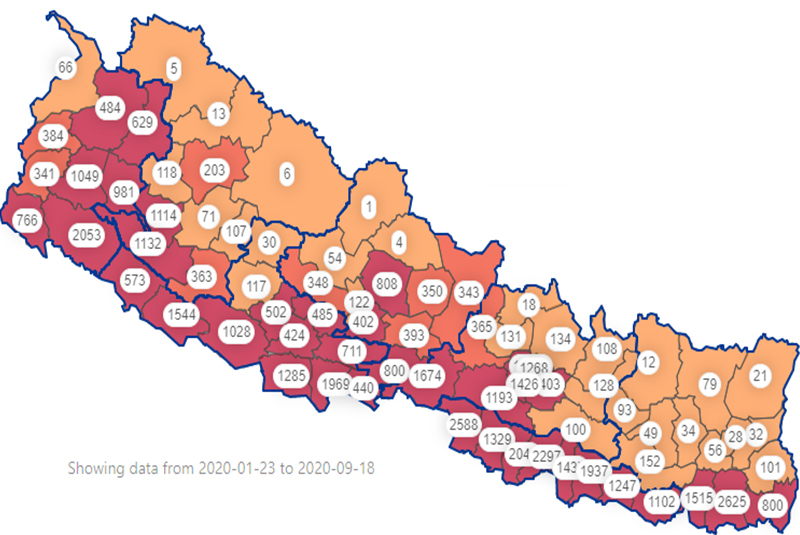
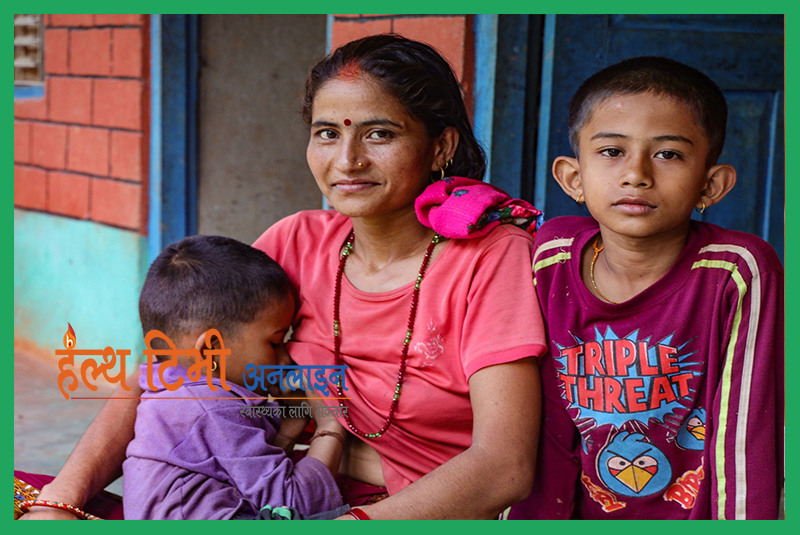

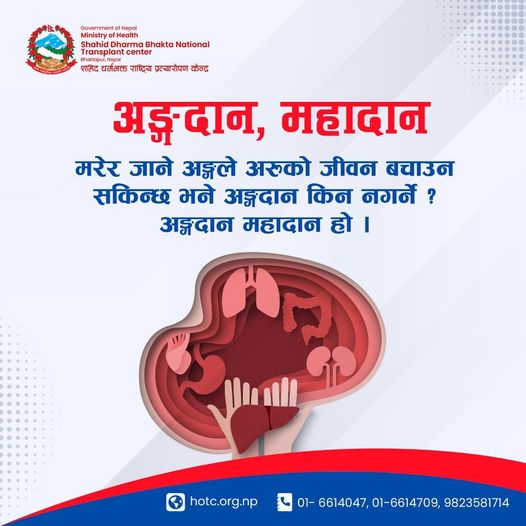
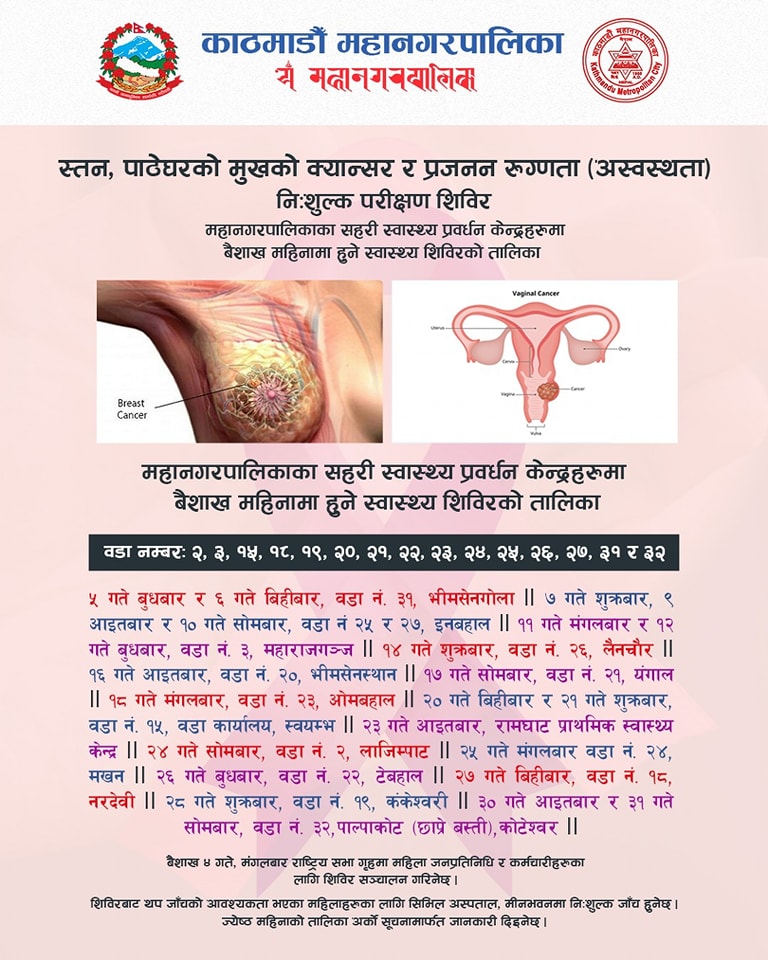
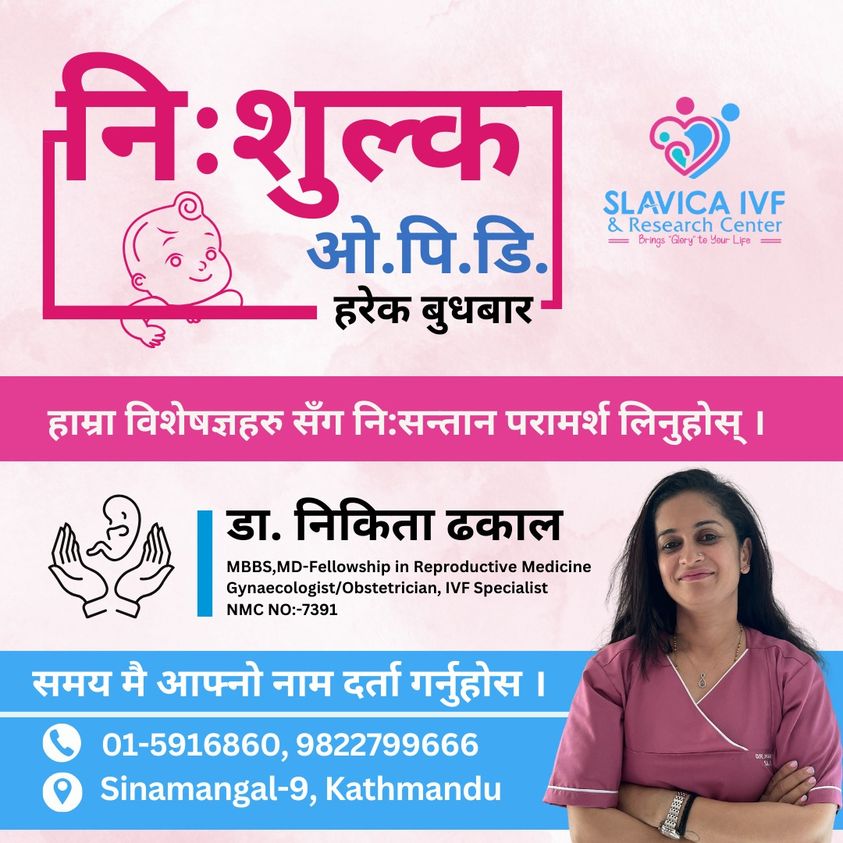
स्वास्थ्य मन्त्रालयले भन्यो, सरकारी अस्पतालमा काम गर्ने अनि निजीको विज्ञापन गर्न कहाँ पाइन्छ ?
गर्मीमा तातो हावा ‘लू’ बाट कसरी जोगिने ?
राष्ट्रिय प्रत्यारोपण केन्द्र १२ वर्षमा : १२ सय ३१ जनाको मिर्गौला प्रत्यारोपण
आइभीएफबारे ७ भ्रम र यथार्थ
स्वास्थ्यकर्मीहरुलाई नसर्ने रोग नियन्त्रण सम्बन्धी तालिम